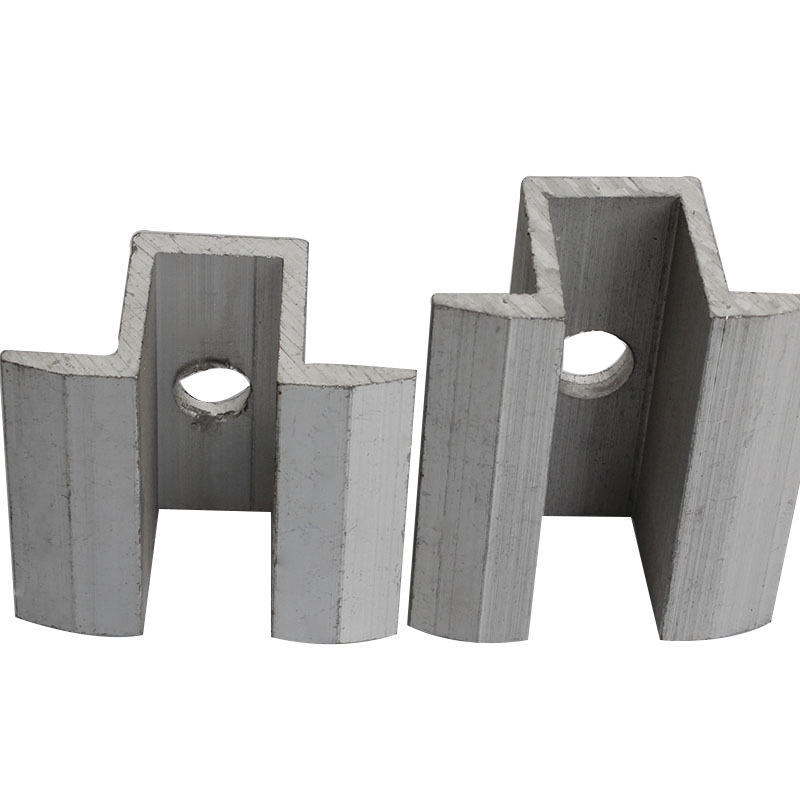

M12 Flat Washer Specifications and Applications for Various Fastening Needs
Aug . 19, 2024 18:43 Back to list
M12 Flat Washer Specifications and Applications for Various Fastening Needs
Understanding M12 Flat Washers An Essential Component in Engineering and Construction
In the realm of engineering and construction, the smallest components often play a critical role in ensuring the integrity and efficiency of a project. One such essential component is the M12 flat washer. Although it may seem insignificant at first glance, this versatile fastener has crucial functions that support various applications, making it a staple in both industrial and commercial settings.
What is an M12 Flat Washer?
An M12 flat washer is a disc-shaped piece of metal or plastic, characterized by a central hole that accommodates a bolt or screw with an M12 (12 mm) diameter. Flat washers are typically made from materials such as stainless steel, carbon steel, or plastic, depending on the requirements of the application. Their primary function is to distribute the load of the fastener, which helps to prevent damage to the surface of the material and enhances the overall stability of the construction.
Key Functions and Benefits
1. Load Distribution One of the main functions of a flat washer is to distribute the load from the bolt or nut over a wider area. This is especially important when dealing with softer materials that could become damaged under pressure. By spreading the load, the washer reduces the risk of deformation or failure in the material being fastened.
2. Preventing Corrosion In certain environments, especially where moisture is present, metal fasteners are susceptible to rust and corrosion. M12 flat washers can serve as a barrier between the fastener and the material, reducing the likelihood of chemical reactions that could lead to corrosion and prolonging the life of the components.
3. Vibration Resistance In mechanical applications where vibrations are common, M12 flat washers can help maintain the integrity of the assembly. They reduce the likelihood of loosening due to vibrations, which can lead to catastrophic failures in critical systems.
m12 flat washer

4. Alignment Washers assist in maintaining proper alignment between components. This is particularly crucial in complicated assemblies where precision is key. An M12 washer ensures that bolts and nuts are correctly positioned, contributing to the overall alignment of the structure.
5. Versatility The M12 flat washer is widely adaptable and used in various sectors, including automotive, construction, and machinery. Its size and design make it compatible with numerous fasteners, thus making it an indispensable part of an engineering toolkit.
Applications of M12 Flat Washers
M12 flat washers find applications across myriad fields. For instance, they are commonly used in
- Automotive Engineering M12 washers are often utilized in vehicle assembly, supporting connections in engines and suspensions. - Construction In building frameworks, these washers help secure bolts in steel structures, ensuring stability and safety.
- Machinery Manufacturing They are critically used in heavy machinery, where fastening components must endure high levels of stress.
Conclusion
While small in size, the M12 flat washer plays a substantial role in the performance and reliability of various systems. Its unique characteristics, such as load distribution, corrosion resistance, and vibration dampening, make it an essential component across multiple industries. Engineers and builders alike must recognize the importance of selecting the right washer for their specific applications, as the long-term success and safety of their projects may depend on it. The next time you encounter an M12 flat washer, remember that it's not just a simple fastener—it's a vital element of engineering excellence.
Latest news
-
Hot Dip Galvanized Bolts-About LongZe|High Strength, Corrosion Resistance
NewsJul.30,2025
-
High-Strength Hot Dip Galvanized Bolts - Hebei Longze | Corrosion Resistance, Customization
NewsJul.30,2025
-
Hot Dip Galvanized Bolts-Hebei Longze|Corrosion Resistance&High Strength
NewsJul.30,2025
-
High-Strength Hot-Dip Galvanized Bolts-Hebei Longze|Corrosion Resistance&High Strength
NewsJul.30,2025
-
Hot Dip Galvanized Bolts-Hebei Longze|Corrosion Resistance&High Strength
NewsJul.30,2025
-
Hot Dip Galvanized Bolts - Hebei Longze | Corrosion Resistance, High Strength
NewsJul.30,2025

